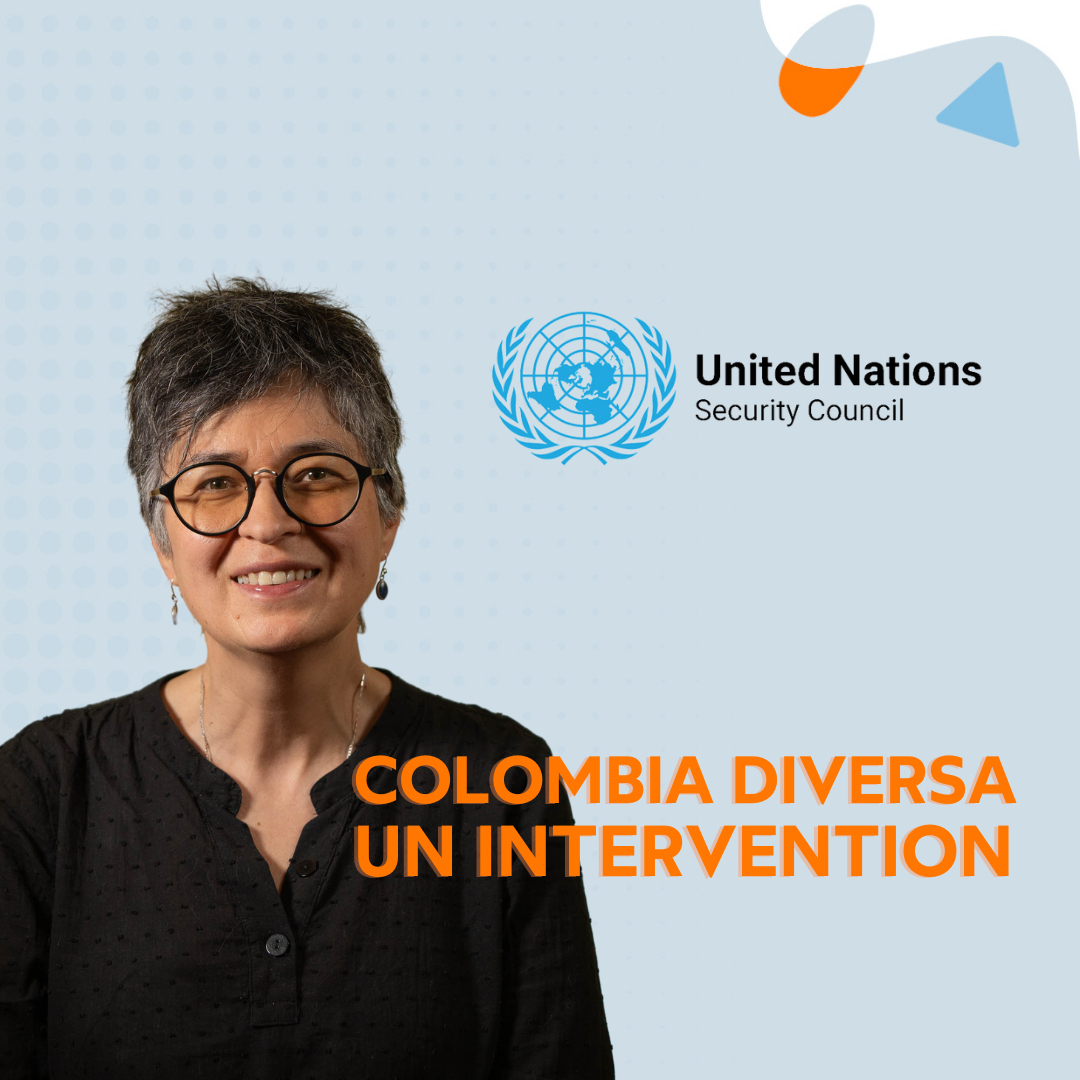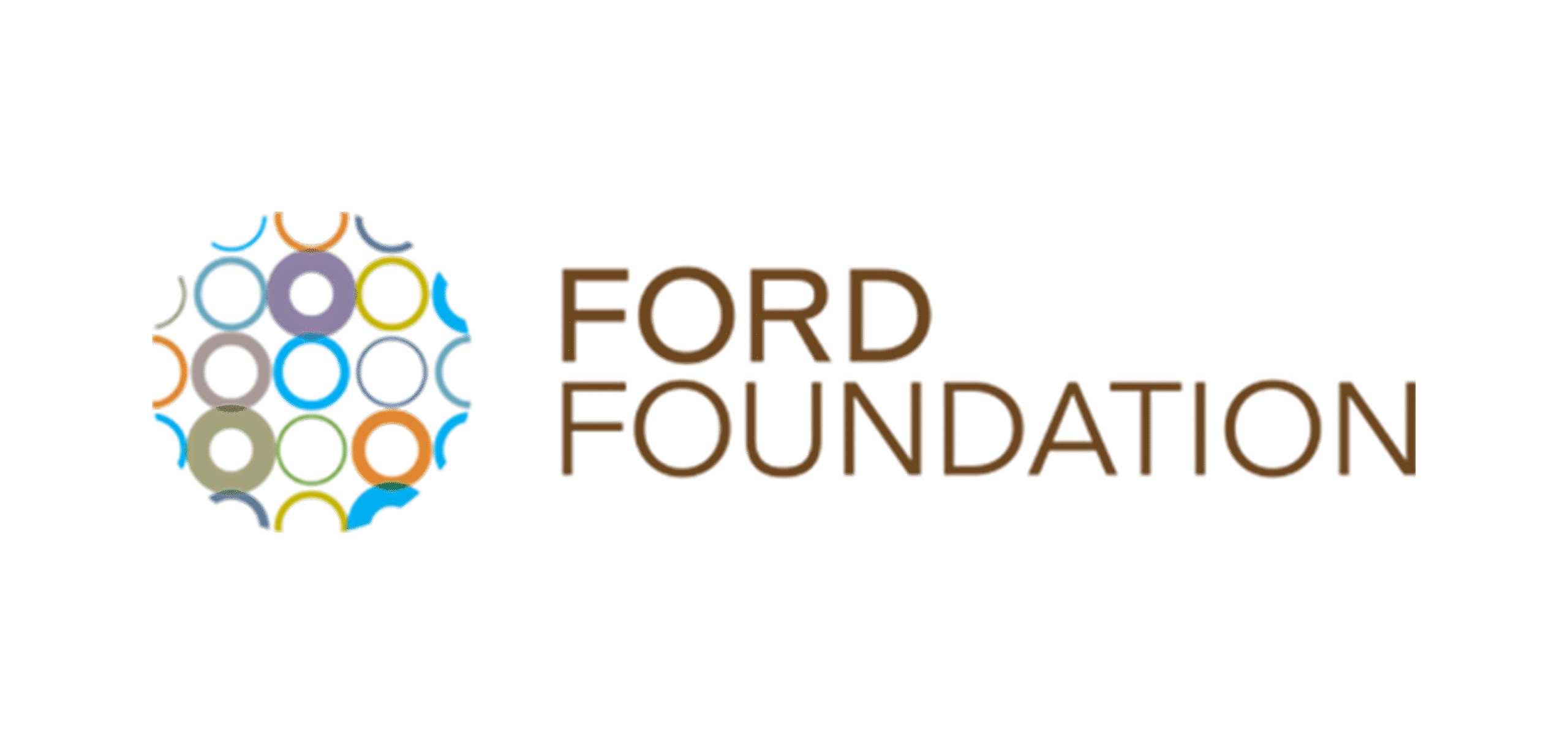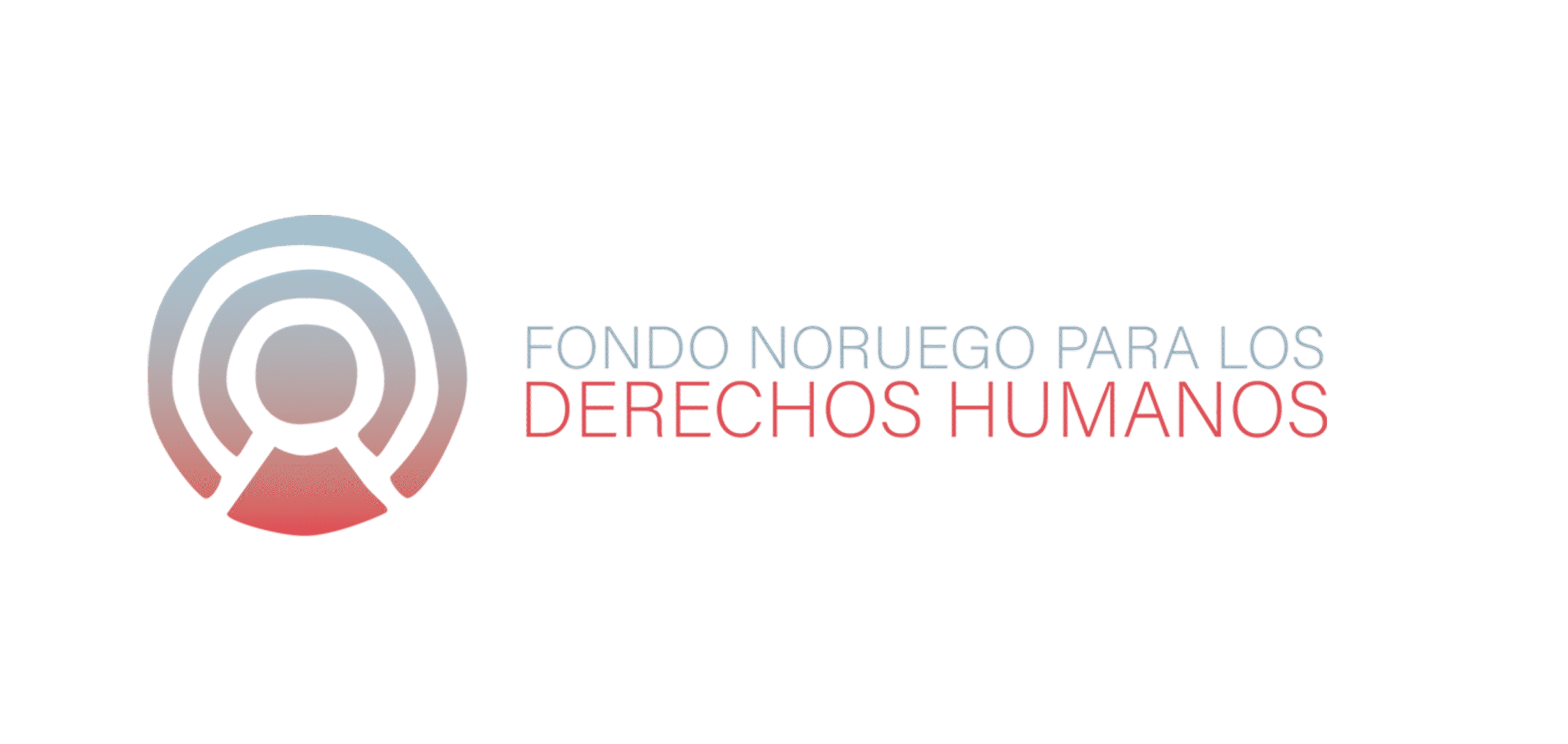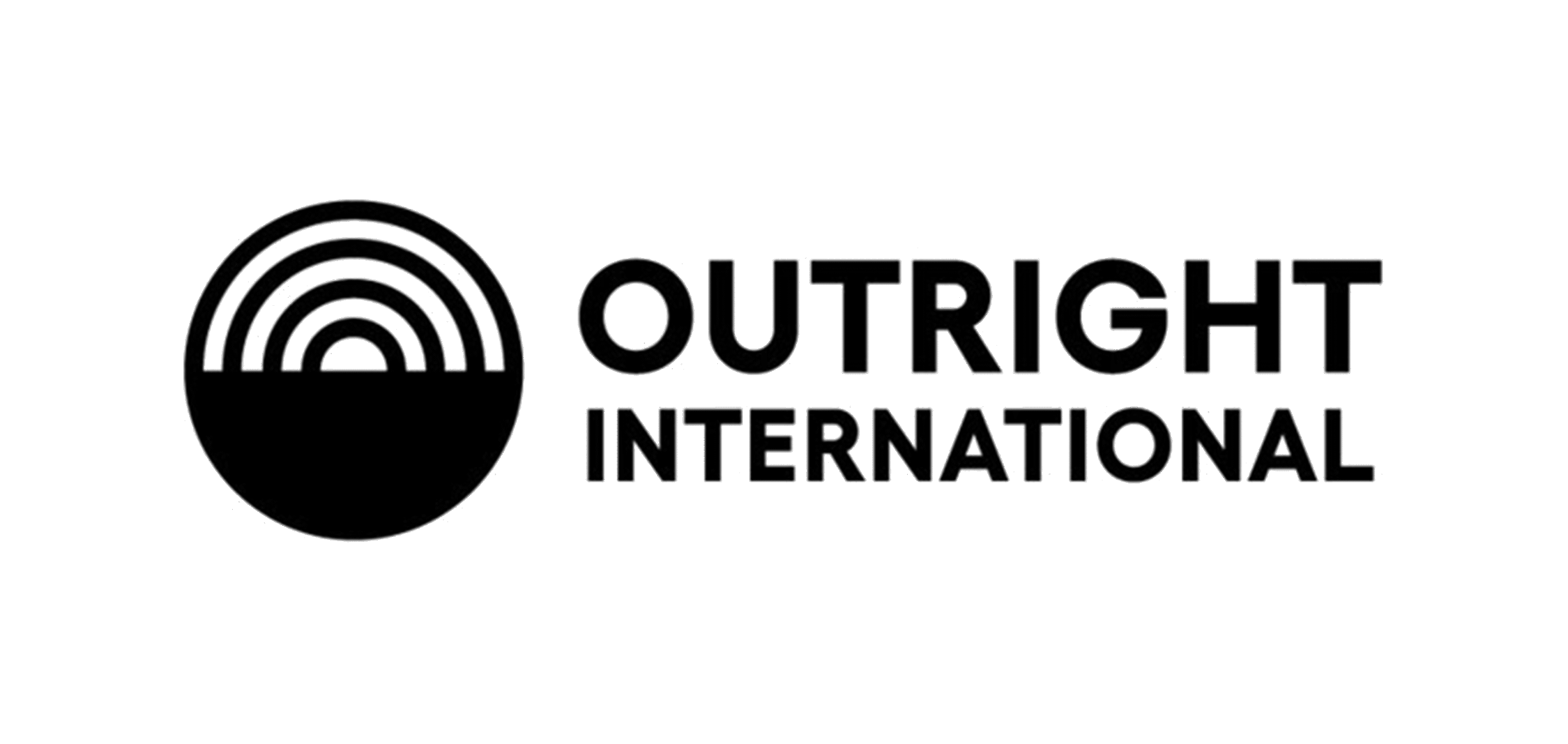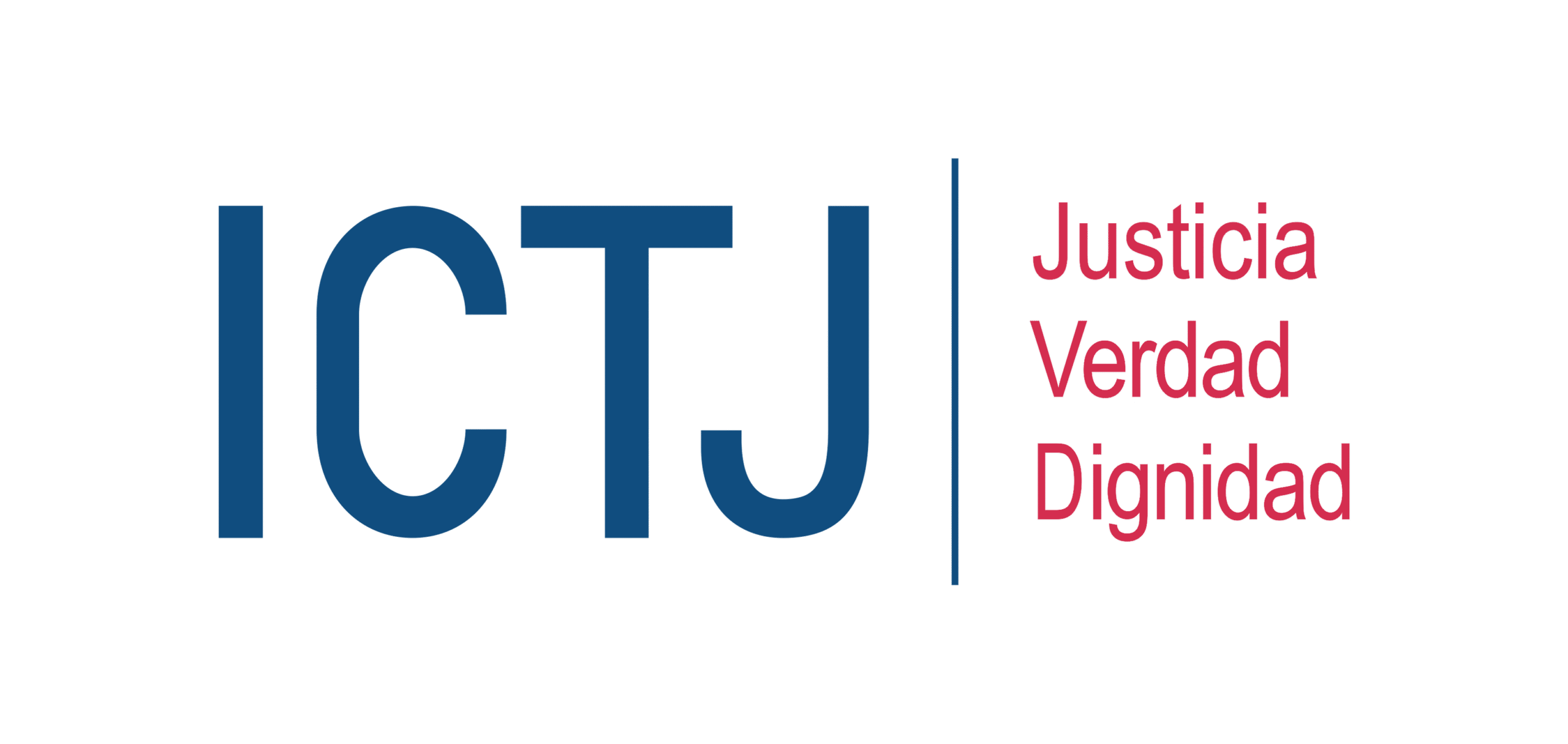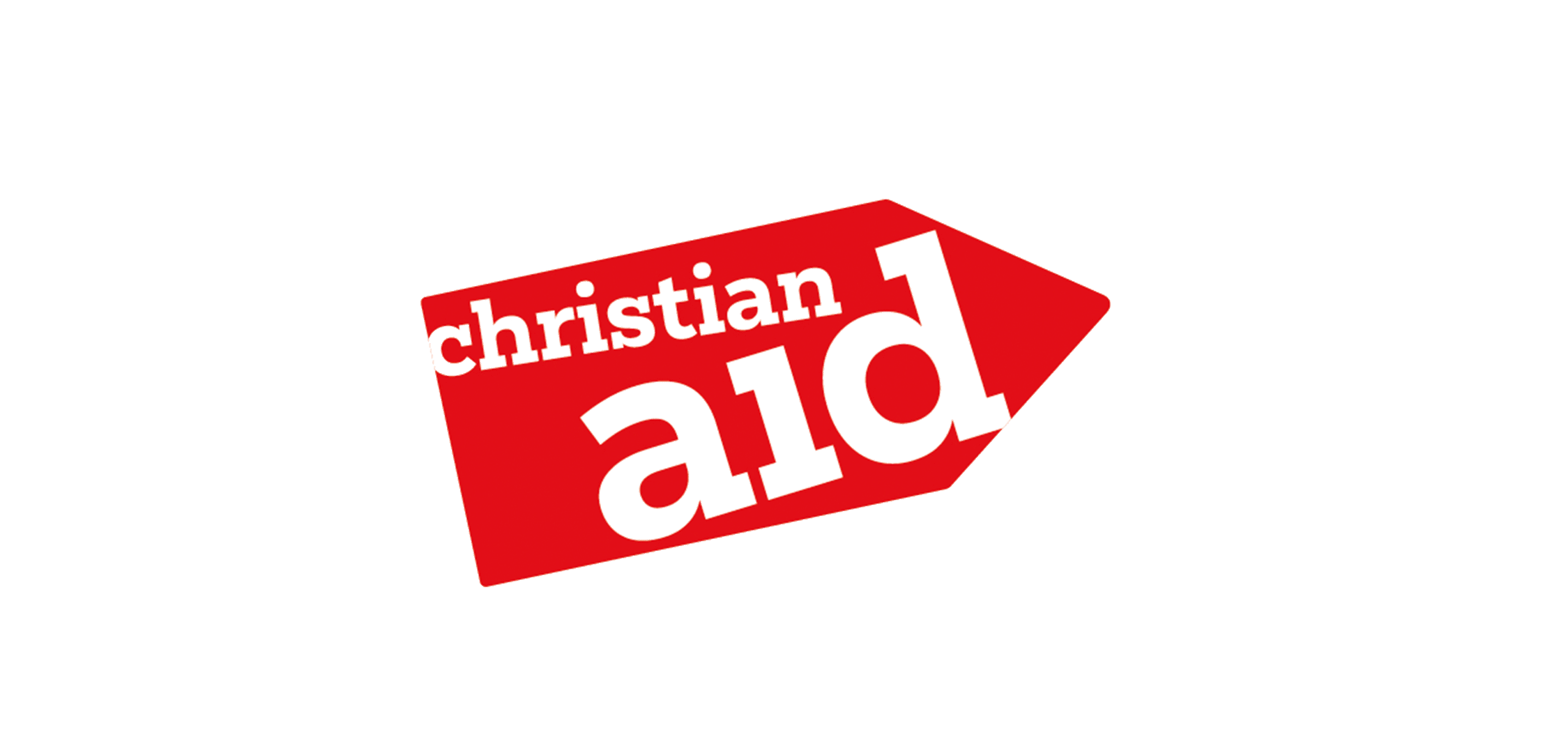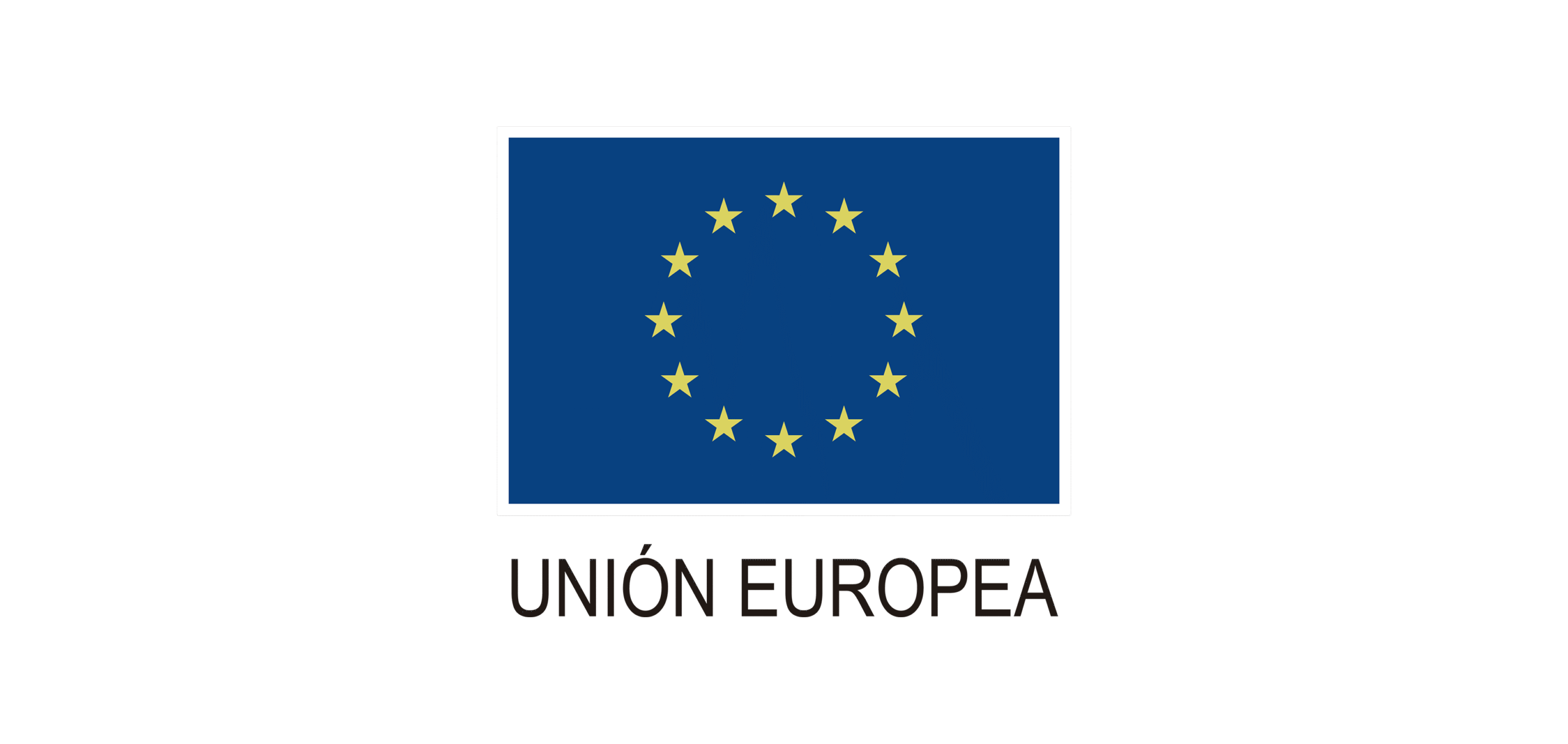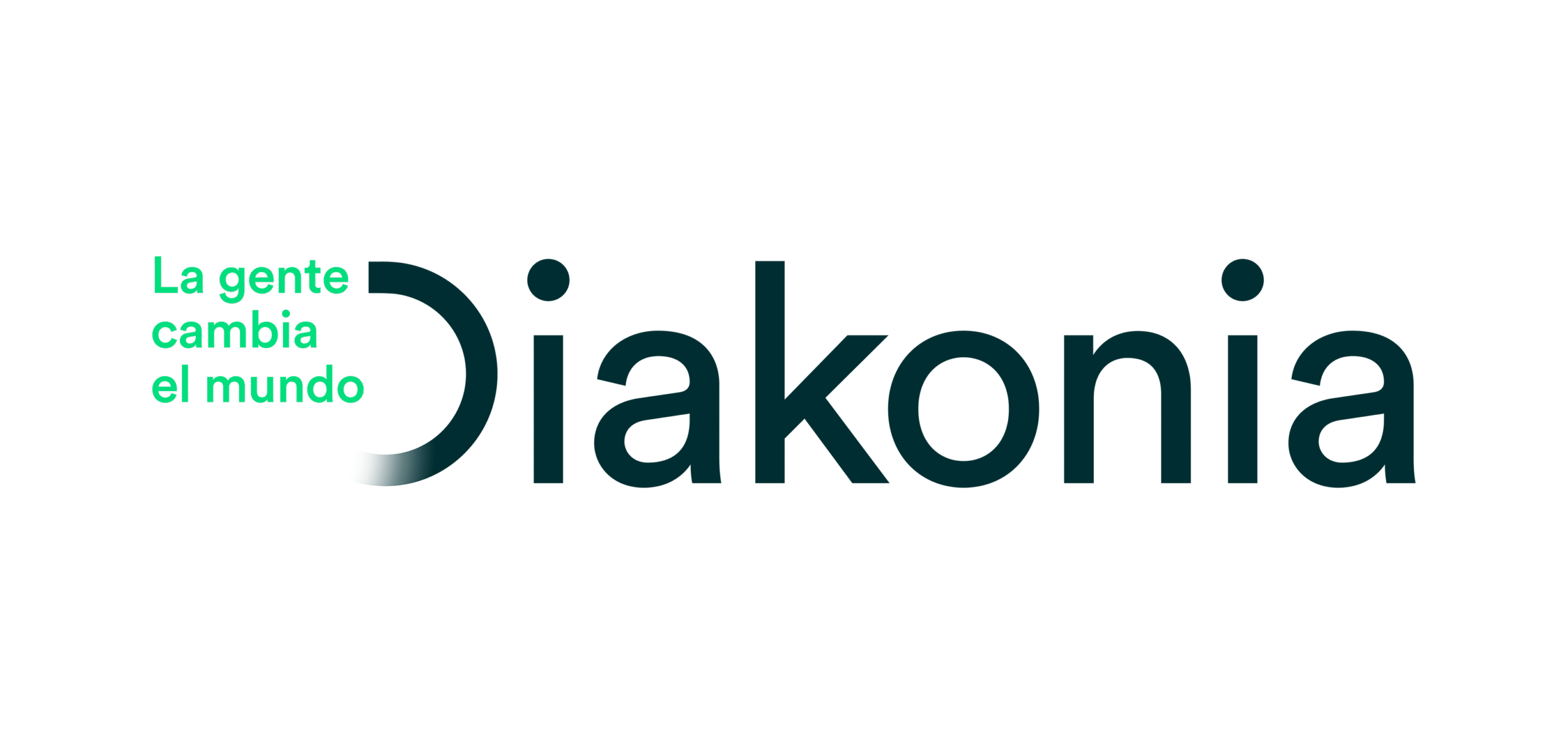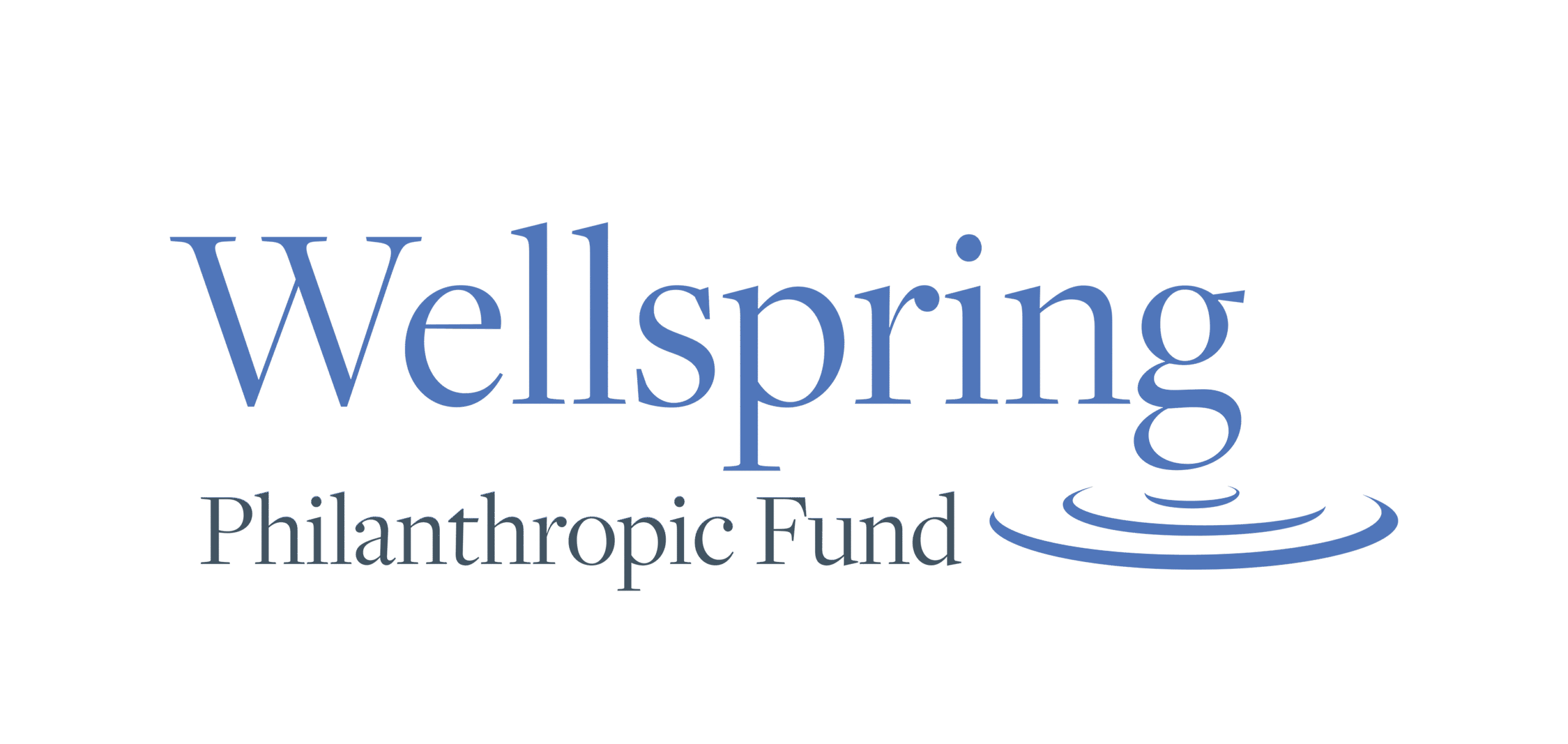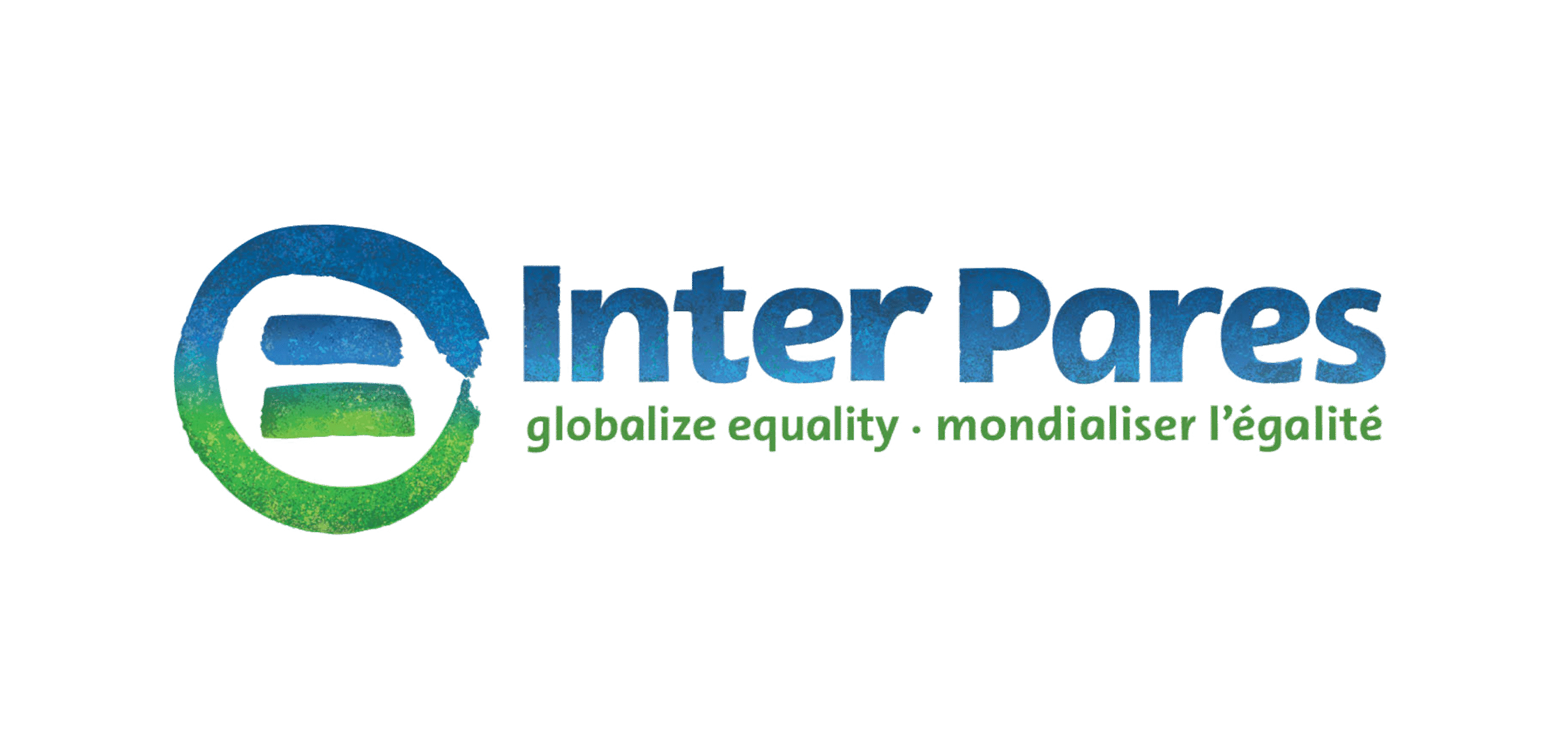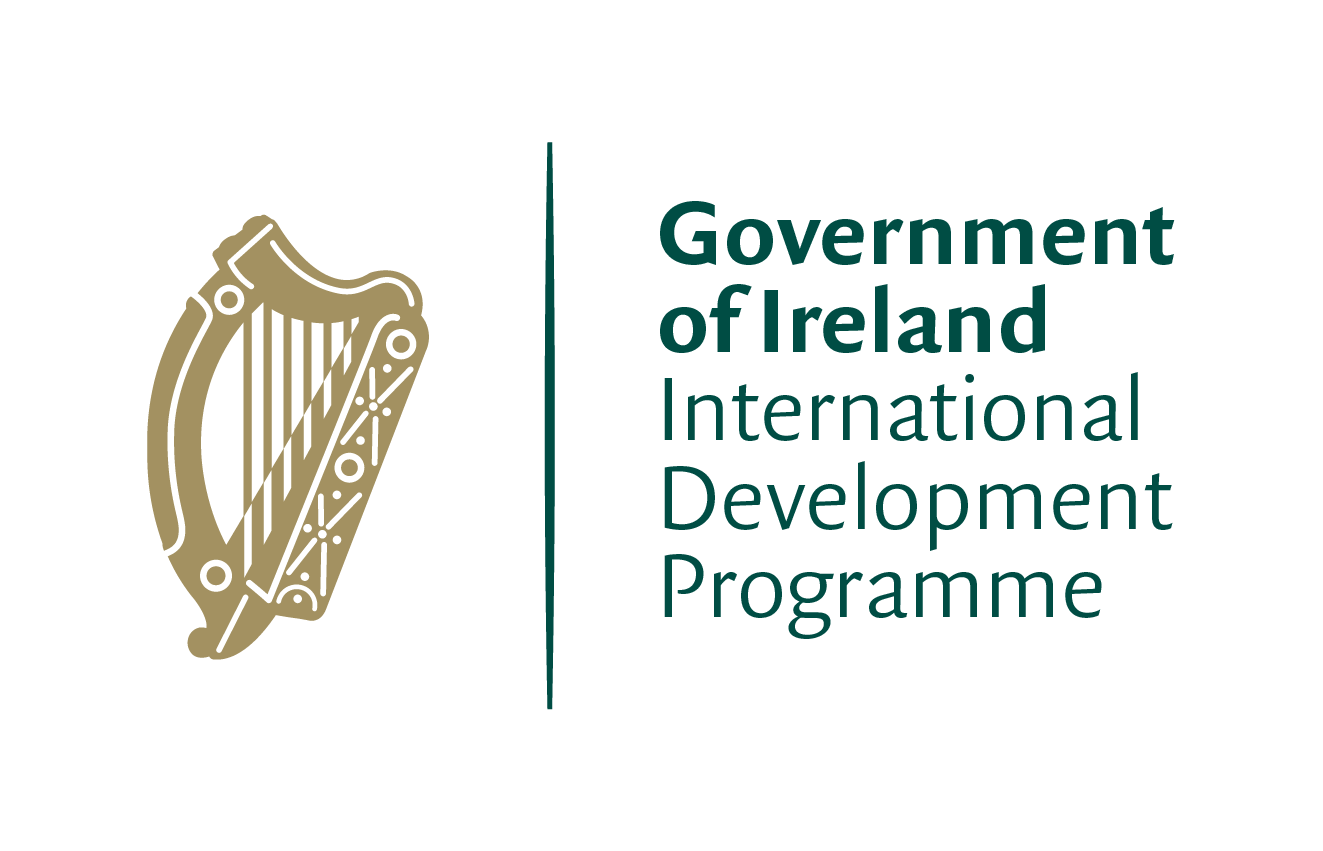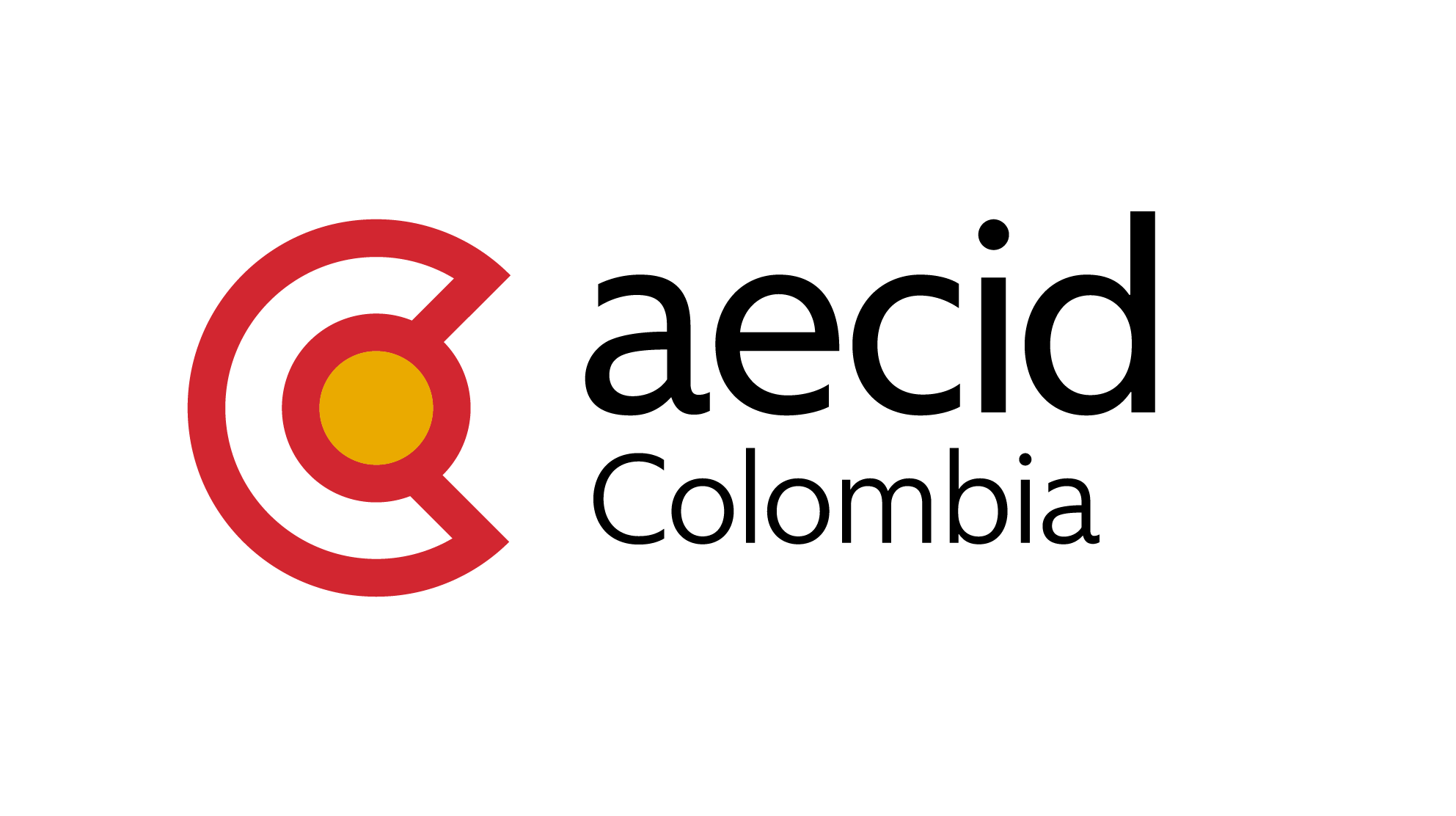Greetings Excellencies. Thank you for the opportunity to brief you today on the situation in Colombia.
I am Marcela Sánchez, Executive Director of Colombia Diversa. I come from a country scarred by war but hopeful for peace, a country where the organisation I lead has been working with the feminist movement for twenty years to defend the rights of lesbian, gay, bisexual, trans and queer (LGBTQ) people in Colombia. Thanks to our collective efforts, what was once unthinkable is now possible: peace initiatives that recognise all people, slow but significant social change towards a world without discrimination, and a legal framework rooted in equality.
Today my statement will focus on the impact that the conflict had on LGBTQ people in Colombia; the opportunities that the Women, Peace and Security agenda offers to address these impacts; and finally, what remains to be done in Colombia to ensure an inclusive peace.
In Colombia, LGBTQ people[1]as well as women[2]have been targeted for who we are because of entrenched patriarchal norms and social and legal discrimination that have contributed to the extreme violence against them during the armed conflict.[3]. LGBTQ people, particularly Afro-Colombian and adolescent LGBTQ people, were persecuted[4]missing[5] and killed by armed actors[6].
As of March 2024, the Victims Unit's registry reported[7] more than 6,000 LGBTQ victims of the Colombian conflict. According to the estimates of the Truth Commission's Final Report, more than 6,000 LGBTQ victims of the Colombian conflict have been killed.[8]This violence included forced displacement, exile, sexual violence and killings. We still do not have accurate data on how many LGBTQ victims there were, nor what crimes they suffered, in the Colombian armed conflict. This lack of information is the first demonstration that our lives are not considered relevant to peacebuilding in the country.[9].
Social stigma, lack of documentation and fear of reprisals mean that we may never know the full extent of the violence that occurred against us. This is also explained by the fact that many LGBTQ survivors of gun violence found themselves without legal recourse due to a system that did not recognise violence against them as a crime. For example, when someone's hair was forcibly cut or when they were forced to wear certain clothes. But the context[10] of violence makes it clear that these crimes were part of a pattern of gender-based persecution.[11]a crime against humanity that must finally be brought to justice.
As you know, Colombia continues to be one of the countries[12] deadliest in the world[13] for human rights defenders[14]and LGBTQ defenders face particular risks[15].
In 2023 we record 8 murdered LGBTQ defenders[16]and only this February, Aldinebin Ramos[17]co-founder of peacebuilder Asociación Chaparral Diversa LGBT, was gunned down in his home by unknown assailants. In about half of these killings, evidence suggests that these defenders were targeted because of their sexual orientation or gender identity. We have also documented that LGBTQ defenders are being killed in connection with other killings, such as displacement, personal injury and sexual violence.[18].
Your Excellencies, every attack or murder against an LGBTQ person that goes uninvestigated sends the message that our lives are expendable.[19]. I hope that today this Council sends two strong messages to the Colombian LGBTQ population: that our lives matter, and that the Security Council is committed to protecting us.
Turning human rights defenders and other LGBTQ people into targets of war hampers their ability to participate in peace efforts and democratic debate. So, Excellencies, I ask you: if we are violently drawn into war, can we be left out of peacebuilding efforts? The answer is "NO" to the fundamental principle of the Women, Peace and Security agenda: for lasting peace, LGBTQ people must be involved in every stage of peacebuilding: negotiations, ceasefires, demobilisation efforts, transitional justice processes and the design of reparations measures. This Council can recommend this practice in all peace processes around the world.
In this sense, as the Colombian government prepares to publish its first National Action Plan on Resolution 1325[20]In addition, it is essential that specific measures for LBT women are integrated there[21] and that the participation of LGBTQ organisations in its implementation continues to be ensured.
To change history there must also be accountability for gender-based violence during the armed conflict. The Special Jurisdiction for Peace recently opened Macro Case 11.[22]which will investigate "gender-based violence, sexual violence, reproductive violence and other crimes based on prejudice against the victim's sexual orientation or gender identity".[23]. This judicial process aims to address the root causes of gender-based violence against women and LGBTQ people in armed conflict, and hopefully bring us closer to ending impunity. We believe it can be a beacon of hope[24] for all LGBTQ people who have survived gender-based persecution around the world.
Finally, I offer the Security Council several recommendations on how it can support efforts to include LGBTQ people in the peacebuilding process in Colombia:
- Demand the full, equal and safe participation of women and LGBTQ people in the implementation of the Final Peace Agreement and in negotiations with other armed actors in Colombia.
- Call for an end to attacks against LGBTQ persons and defenders, and for those responsible to be adequately sanctioned. This includes three things: a) urge the full implementation of the Comprehensive Programme of Guarantees for Women Human Rights Leaders and Defenders; b) integrate a gender perspective in the work of the National Protection Unit; and c) ask the UN Verification Mission in Colombia to report regularly to the Security Council on the situation of all human rights defenders, including LGBTQ defenders.
- Ask the Verification Mission to prioritise support for the implementation of the gender approach, which shows little progress, along with the ethnic approach.
- Urge the Colombian government to include the prohibition of sexual violence in all future ceasefire agreements, and to include adequate prosecution of all gender-based violence in negotiations with armed groups. Also, continue to support the work of the Special Jurisdiction for Peace, especially in relation to the decision to open Macro Case 11, and ensure the participation of women's and LGBTQ organisations in this transitional process.
- Urge the Colombian government to consult regularly with women and LGBTQ people to develop and implement its National Action Plan on Women, Peace and Security. Naming is not participating.
Excellencies, think of Colombia as a laboratory for the implementation of the principles of equality, non-discrimination and inclusion that are so central to the Women, Peace and Security agenda. Success or failure in this case could set a defining precedent for the protection of LGBTQ rights in other parts of the world. We hope that this Council will seize the opportunity to teach by example. Thank you very much.
[1] See: https://colombiadiversa.org/c-diversa/wp-content/uploads/2021/01/quien-nos-va-a-contar_informe-para-la-CEV_victimas_lgbt_conflicto_armado_documento.pdf
[2] See: https://www.sismamujer.org/wp-content/uploads/2021/08/La-luz-que-nos-queda.pdf
[3] See: https://www.youtube.com/watch?v=qh_PuCi-K6c&t=4280s&ab_channel=ColombiaDiversa
[4] See: https://colombiadiversa.org/c-diversa/wp-content/uploads/2021/01/quien-nos-va-a-contar_informe-para-la-CEV_victimas_lgbt_conflicto_armado_documento.pdf
[5] See: https://colombiadiversa.org/c-diversa/wp-content/uploads/2022/06/Cartilla-Busqueda-LGBT_-Colombia-Diversa.pdf
[6] See: https://www.comisiondelaverdad.co/sites/default/files/descargables/2022-08/Informe%20final%20Resistir%20no%20es%20aguantar%20Etnico%20%281%29.pdf page 204.
[7] See: https://datospaz.unidadvictimas.gov.co/archivos/datosPaz/boletines/Boletin_Datos_para_la_Paz_Marzo.pdf
[8] See: https://www.comisiondelaverdad.co/mi-cuerpo-es-la-verdad p. 397.
[9] During 2022 Colombia Diversa reported 148 murders of LGBTQ people and 97 cases of police violence against them. See: https://colombiadiversa.org/c-diversa/wp-content/uploads/2023/11/Resumen-ejecutivo-Informe-Colombia-Diversa.pdf
[10] See: https://colombiadiversa.org/colombiadiversa2016/wp-content/uploads/2020/07/LIBRO-WEB-1.pdf chapter 1.
[11] Colombia Diversa made this proposal for judicialisation in 2019. See: https://colombiadiversa.org/colombiadiversa2016/wp-content/uploads/2020/07/LIBRO-WEB-1.pdf
[12] See: https://www.hchr.org.co/wp/wp-content/uploads/2024/02/02-28-2024-Informe-Anual-Advance-Espanol-2023.pdf
[13] The Inter-American Court of Human Rights reports that Colombia is the deadliest country in the Americas for human rights defenders. More than 55% of the cases are from Colombia (70 incidents in total). This statistic is not disaggregated by the sexual orientation or gender orientation of the defenders, but throughout the report several LGBTQ defenders who have been attacked are mentioned. See: https://www.oas.org/en/IACHR/jsForm/?File=/en/iachr/media_center/PReleases/2024/045.asp In addition, between 2016 and 2022, 1,000 human rights defenders were killed in Colombia, which represents one murder of defenders every 61 hours. See Amnesty International report: https://www.amnesty.org/es/documents/amr23/7248/2023/es/
[14] See: https://www.wola.org/wp-content/uploads/2024/03/WOLA-UA-March-7-2024.pdf
[15] Other violence trackers in Colombia do include cases of violence against LGBTQ defenders. See: Universidad de Los Andes https://cerosetenta.uniandes.edu.co/violencia-lgbt/ ; and WOLA https://www.wola.org/analysis/lgbt-rights-and-peace-in-colombia-the-paradox-between-law-and-practice/
[16] See executive summary of the report: https://colombiadiversa.org/c-diversa/wp-content/uploads/2023/11/Resumen-ejecutivo-Informe-Colombia-Diversa.pdf
[17] See: https://justiceforcolombia.org/news/colombia-human-rights-update-february-2024/
[18] Perhaps the case that best illustrates this pattern of violence is that of Álvaro Miguel Rivera Linares, a gay human rights defender living with HIV who was murdered in 2009. His case remains unpunished. See the full report (pages 43-70): https://www.cattrachas.org/_files/ugd/b262b8_48a425fe7979498183ec9a2a885331ef.pdf?index=true
[19] See what Colombia Diversa reported to this same Council last year: https://colombiadiversa.org/blogs/intervencion-de-colombia-diversa-ante-la-onu/
[20] See: https://www.cancilleria.gov.co/newsroom/news/colombia-diversa-entrego-20-recomendaciones-gobierno-nacional-creacion-plan-accion
[21] See: See: https://colombiadiversa.org/blogs/estamos-muy-cerca-de-lograr-un-plan-de-accion-de-la-agenda-de-mujeres-paz-y-seguridad/
[22] See: https://www.jep.gov.co/Sala-de-Prensa/Paginas/-la-jep-abre-macrocaso-11-que-investiga-la-violencia-basada-en-genero-incluyendo-violencia-sexual-y-reproductiva-y-crimenes.aspx
[23] See: https://www.jep.gov.co/Sala-de-Prensa/Paginas/-la-jep-abre-macrocaso-11-que-investiga-la-violencia-basada-en-genero-incluyendo-violencia-sexual-y-reproductiva-y-crimenes.aspx
[24] See: https://colombiadiversa.org/blogs/cinco-claves-insiste-a-la-jep-abrir-el-caso-nacional-de-violencia-sexual-violencia-reproductiva-y-violencia-motivada-en-la-sexualidad-de-las-victimas-para-mujeres-ninas-y-personas-lgbt/

